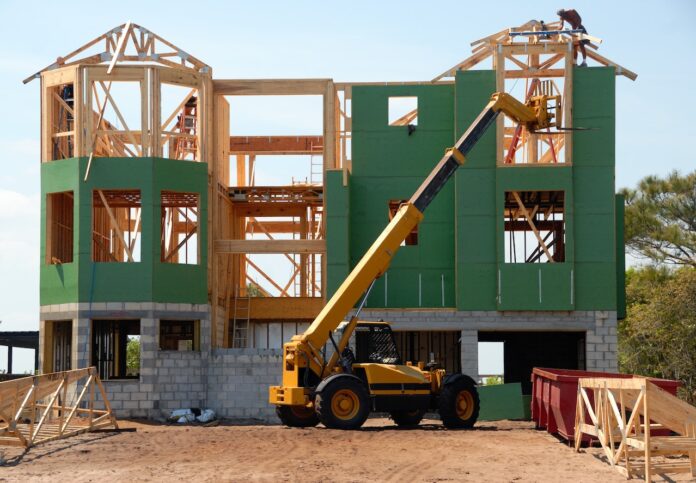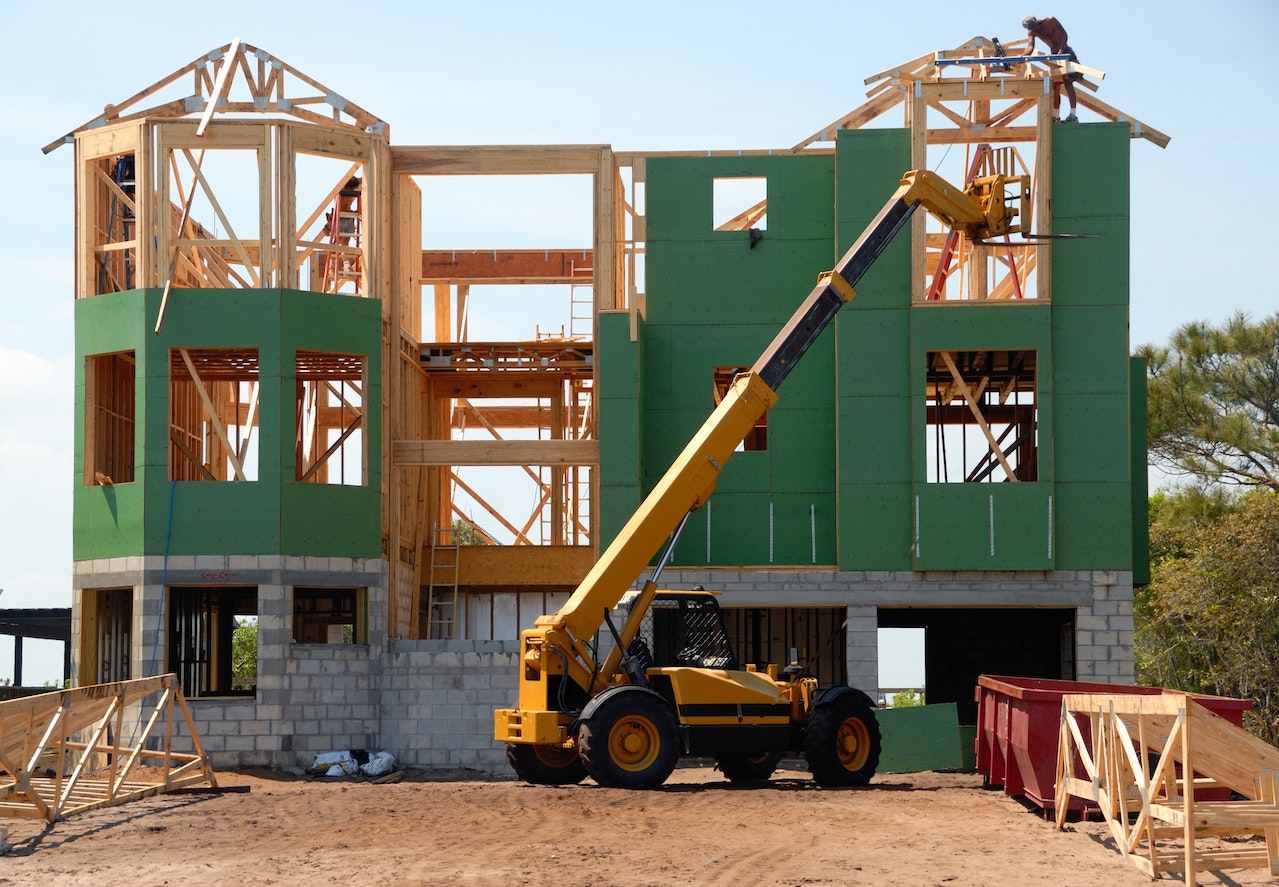A home construction project is a huge undertaking that is exciting but also requires careful planning and execution. Delays are a common occurrence in home construction projects, and it’s not uncommon for projects to take up to several weeks or even months. There are many reasons why delays happen, including poor weather conditions, insufficient funds, delays in approval, and design changes. If you’re planning a home construction project, here are some tips to help you avoid long and costly delays.
Set Realistic Timelines
One of the most important aspects of avoiding delays is setting realistic timelines. Often, homeowners set unrealistic timelines and are disappointed when the project takes longer than expected. To avoid this, it’s crucial to sit down with your contractor and realistically assess how long each project stage will likely take. Once you have a realistic timeline, you can start making plans accordingly. If you know that it will take six weeks to complete the framing, you can arrange for the electrician to come in afterward.
Review Designs for Accuracy
When you embark on a home construction project, you will likely have a specific design in mind. However, it is important to remember that the construction process is complex, and even small errors in the design can lead to delays and added costs.
For this reason, it is crucial to review the designs for accuracy before construction begins. The first step is to check that all dimensions are correct. This includes the overall size of the rooms and the placement of doors, windows, and other features.
It is also important to verify that the layout of the rooms makes sense and that there are no potential hazards, such as stairs without handrails or sharp turns in corridors.
Hire Professionals
An experienced home builder will have a good understanding of the construction process and will be able to anticipate potential problems. They will also have established relationships with other professionals, such as electricians and plumbers, making scheduling needed work easier. In addition, professionals are usually insured, which can protect you from liability if something goes wrong.
Prepare for Bad Weather
If you’re planning a home construction project, you need to consider the possibility of bad weather. If you live in an area that gets a lot of rain or snow, it’s important to factor that into your schedule. Trying to build during a storm can not only be dangerous but can also lead to delays. The same is true for extreme heat or cold. If the weather is too hot or too cold, it can slow down the construction process and make it difficult for workers to do their job properly.
Planning your construction project for a time of year when the weather is most likely to be cooperative is best to avoid delays. Of course, you can’t always predict the weather, but being prepared for the worst can help ensure your project stays on track.
Use Materials Efficiently
Home construction projects can often be delayed due to a lack of materials. You can easily run out of things like wood, drywall, or carpet if you’re not careful. To avoid this, it’s crucial to use materials efficiently. One way to do this is to create a materials list before you start the project. This will help you manage and track what you need and avoid overbuying. Additionally, try to use smaller pieces of material whenever possible. For example, instead of using full drywall sheets, cut them into smaller pieces that will fit more easily into your space.
Accurate Budget Estimates
It’s crucial to provide accurate budget estimates to avoid delays, as this will ensure you have the funds needed to keep the project going without disruptions. The first step is to get a clear idea of what you want to achieve. Once you have a clear vision, you can start to break down the costs. Include all materials, labor, permits, and other fees in your estimate.
Communicate Effectively
One of the most important aspects of any home construction project is communication. Whether you’re working with a contractor, an architect, or a designer, it’s crucial to ensure everyone is on the same page. Otherwise, you risk delays and other problems further down the line.
To avoid such difficulties, it’s important to set clear expectations from the start. Make sure that you’re clear about your budget, your deadline, and your vision for the project. In addition, be sure to keep lines of communication open throughout the process. That way, if any problems do arise, you can quickly resolve them.
Delays in construction projects can be costly and frustrating for homeowners. By planning, setting a realistic budget, having accurate designs, and working with professionals, you can help avoid many common delays. Communicating with your team throughout the process is also key to avoiding problems and ensuring everyone is on the same page.




















